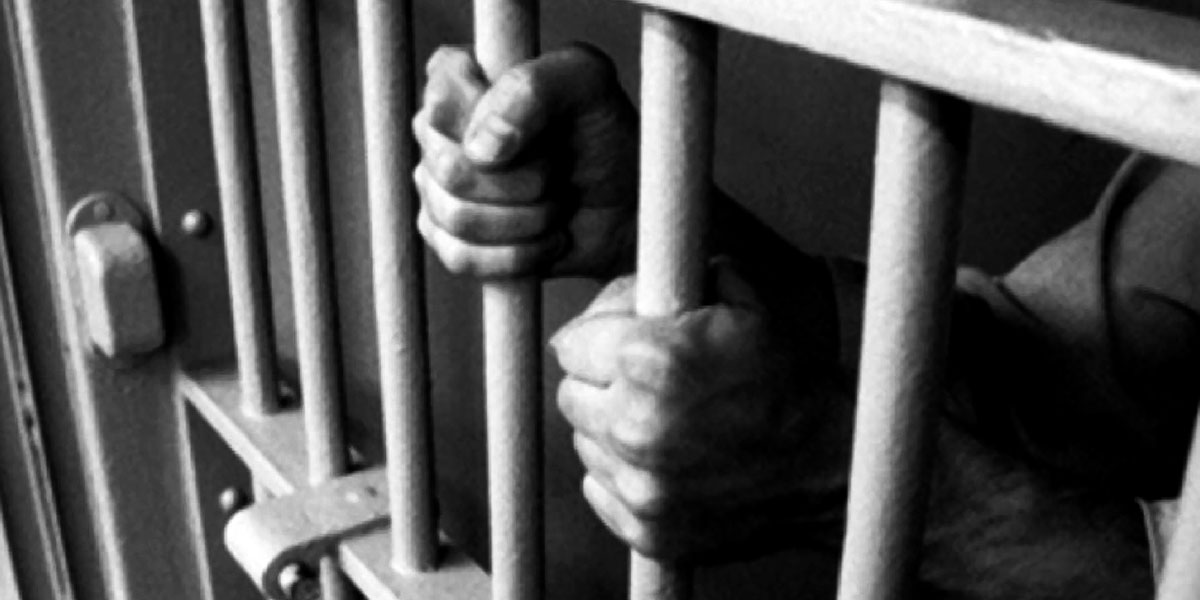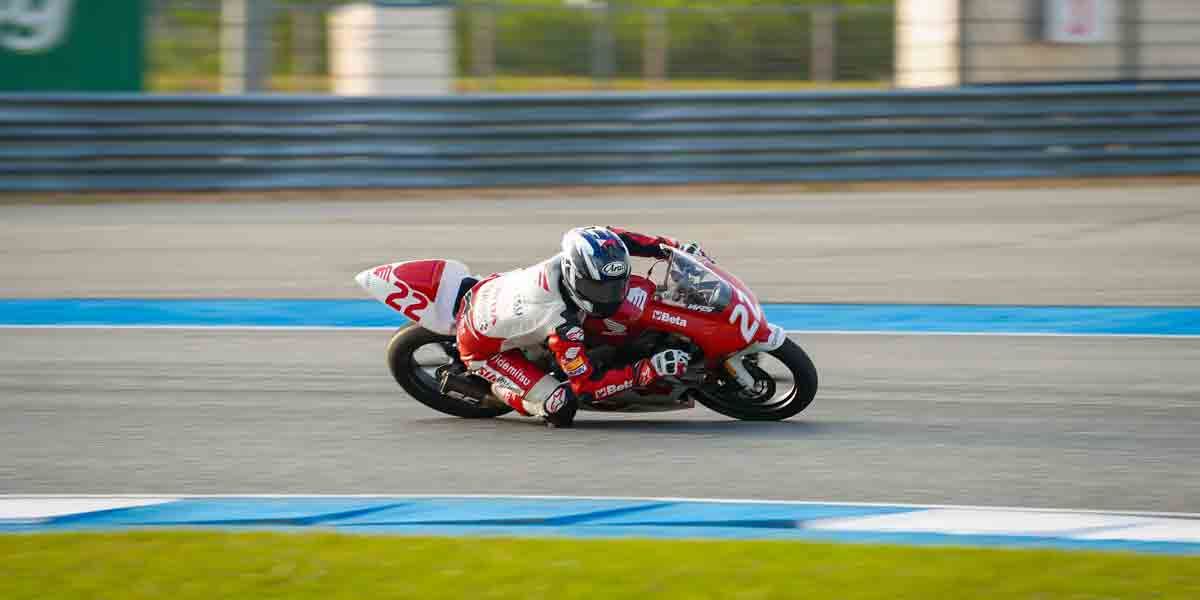Nearly 2,000 traditional jeepneys in Western Visayas were disenfranchised and barred from plying the roads as the Land Transportation Franchising and Regulatory Board’s (LTFRB) 15-day extension on the consolidation of public utility jeepneys expired on May 15.
This development under the Public Utility Vehicle Modernization Program (PUVMP) underscores the urgency of modernizing the transportation system. However, it also highlights the need for a compassionate approach to support the affected drivers and their families, who now face an uncertain future.
Balancing progress with empathy is essential to ensure that no one is left behind in this transition.
While modernization promises environmental and traffic benefits, it has profound implications for traditional jeepney drivers and their families, who are now grappling with an uncertain future.
The sudden phaseout leaves many drivers in a dire situation. For years, these individuals have relied on their jeepneys as their primary source of income. Their concerns are compounded by the fact that consolidating into cooperatives or corporations, a key requirement of the PUVMP, feels like relinquishing their hard-earned investments.
For many drivers, their jeepneys are not just vehicles but lifelines that have supported their families for generations. The emotional and financial attachment to these units makes the transition to modernization particularly challenging. Drivers worry about the financial burden of acquiring new vehicles and the potential obsolescence of their existing ones.
While extending the consolidation deadline offers temporary relief, it is not a long-term solution. The government must adopt a multifaceted approach to support these drivers. Subsidies for purchasing new, compliant vehicles could ease the financial strain. Additionally, providing alternative employment opportunities or vocational training can help drivers transition to other livelihoods.
The government should also ensure transparency and fairness within transportation cooperatives and corporations. Reports of corruption and mismanagement within these entities undermine the drivers’ trust and make them hesitant to consolidate. Strict oversight and regular audits can help curb these issues and ensure that the cooperatives serve the best interests of their members.
The benefits of phasing out old jeepneys are clear. Modern vehicles are more fuel-efficient and emit fewer pollutants, contributing to cleaner air and a healthier environment. Improved traffic flow and reduced congestion are also significant advantages, as newer vehicles are better designed for urban settings.
However, the transition must be managed carefully to avoid disproportionately impacting the livelihoods of thousands of drivers. An inclusive approach that addresses the drivers’ concerns and provides adequate support can help achieve a balance between modernization and social equity.
The push for consolidation into cooperatives or corporations has its own set of challenges. Drivers who have already consolidated report issues such as the lack of responsiveness to members’ concerns and potential retaliatory practices. These problems highlight the need for more democratic and transparent governance structures within cooperatives.
Moreover, the consolidation process must be flexible enough to accommodate the unique circumstances of different drivers. A one-size-fits-all approach is likely to exacerbate the existing issues rather than resolve them.
The PUVMP is a step towards a more modern and efficient transportation system in the Philippines. However, its implementation must be compassionate and considerate of the thousands of drivers who rely on traditional jeepneys for their livelihood. The government, cooperatives, and society must work together to ensure that modernization does not come at the expense of those who have built their lives around these iconic vehicles.
By adopting a more inclusive approach, providing financial and vocational support, and ensuring transparency within cooperatives, we can achieve a transportation system that is not only modern but also equitable and just.





















